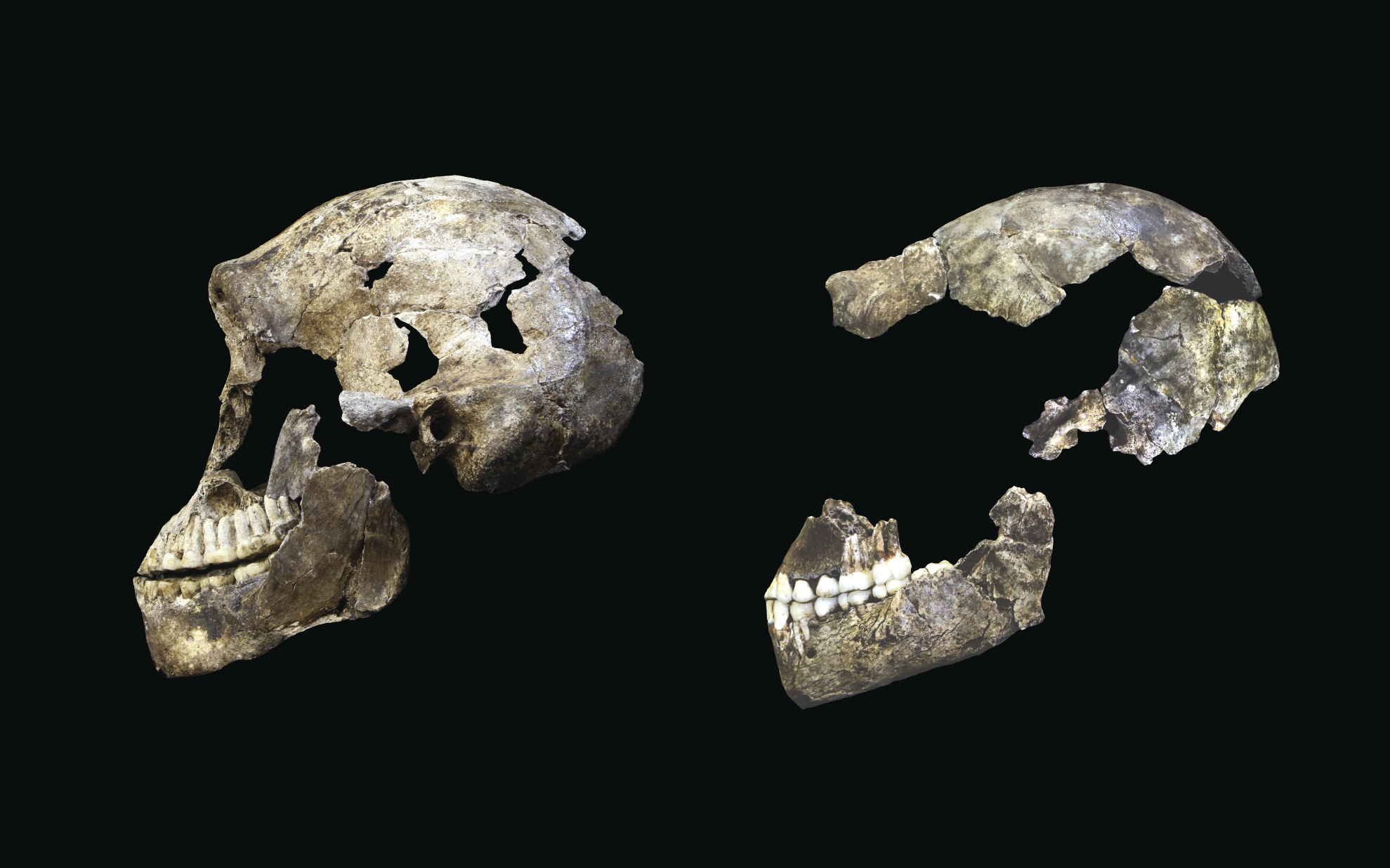Research by Dr Matthew Skinner and Professor Tracy Kivell on new fossil finds that helped increase our knowledge of human evolution has been included in Discover magazine’s top 100 scientific discoveries of 2017.
The academics, who both work in the School of Anthropology and Conservation, were involved in three major pieces of work that were published last year.
The first involved Dr Skinner’s contributions to the analysis of teeth of fossil humans discovered in Morocco and Indonesia. The results of analyses by Dr Skinner and his international collaborators pushed back the origins of humans by 100,000 years in Africa and documented the presence of humans in Indonesia much earlier than previously thought.
These findings, along with new genetic studies and other fossil finds by other researchers, were ranked as the #2 most important scientific discovery of 2017 for the way in which they altered our understanding of the human evolutionary story.

Secondly, work by both Professor Kivell and Dr Skinner on the Homo naledi finds in South Africa’s Rising Star Cave system was also included (#57) in the magazine’s run-down for the discovery of a second deposit of Homo naledi fossils in the cave systems and new dates for the fossils that indicate this fossil species was alive at same time as early humans in Africa.
Dr Skinner focused on the dental remains that were recovered while Dr Kivell’s analysis of the hand bones provided inferences about locomotor and manipulative behaviours that Homo naledi practiced.


